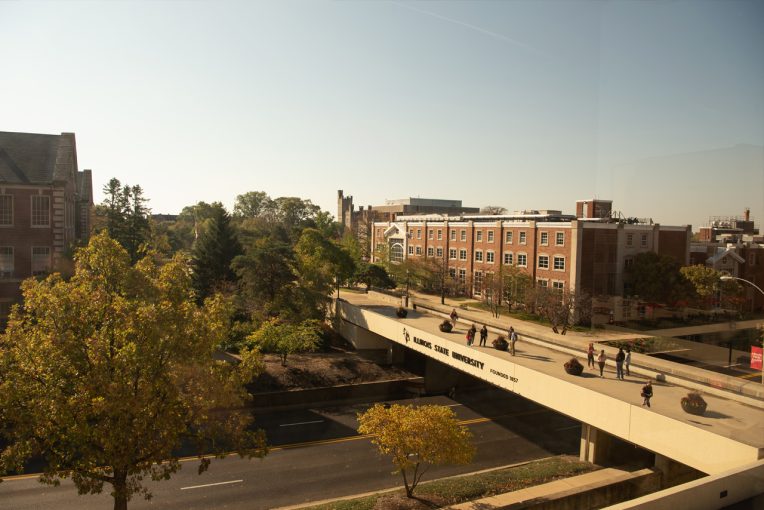Publications authored by the United States Federal Government do not fall under copyright, and since 2013 the government has taken steps to make publications from research funded by federal grants public access as well. The 2013 directive had some exceptions based on funding amounts and allowed for papers to be paywalled up to twelve 12, but recently the White House Office of Science and Technology Policy (OSTP) announced that publications for projects funded at any amount will be required to be immediately available to the public beginning January 1, 2026.
What does this mean for authors of papers on projects that have received federal funding? First, publishing in an open access journal in and of itself does not mean an author gives up their copyright to a publication. It just means that the material is not paywalled, and users can access it without paying a fee. Many journals provide open access to at least some articles, and merely require authors to give them a license to publish in their journal while the author retains their copyright. So it is entirely possible to retain copyright over a publication that is open access, although authors should always read publishing agreements carefully and ask for clarification if they are unsure.
Another potential area of concern is that some journals have article processing charges (APCs) attached to publishing a paper as public access. The reasoning is that since they cannot charge for access to the paper, they shift payment to the author to cover publishing expenses. Fortunately, while they will not be able to cover all publication costs for every journal, Milner Library has entered into Read-and-Publish agreements with some journal publishers. These agreements allow a certain number of articles in some journals to be published without an APC being paid by the author.
While we cannot envision every scenario, we are here to assist our faculty, staff, and students in complying with the new federal guidelines with as little disruption as possible. If you have questions on any of this or would like to make your own materials more readily available, it is often possible to place preprints or even published articles and materials in our institutional repository ISU ReD. We are happy to answer any questions you might have and discuss what options are available. If you wish to discuss this further, contact Milner Library’s Scholarly Communication Team.

